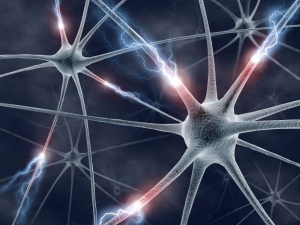The Mechanism Behind Alcohol Addiction

Alcohol is known to affect a region in our brain called the Ventral Tegmental Area (VTA), otherwise known as the “pleasure centre”. By activating specific neurones that then go on to release the neurochemical dopamine within this particular brain region, we experience the reward and reinforcement of the drinking behaviour, which is central to addiction.
A recent study, published in the Neuropharmacology journal, has investigated the biological mechanism by which alcohol affects the release of dopamine within the VTA.
Researchers from the Center for Alcohol Research in Epigenetics at the University of Illinois at Chicago have found that alcohol blocks a particular potassium channel within the dopamine-releasing neurons in the VTA. When these potassium channels become blocked the neurones create and release more dopamine to compensate. It is clear that these channels play a key role in aiding alcohol to stimulate the release of dopamine.
They go on to suggest that by reducing the amount of channels, the dopamine-releasing neurons will be less responsive to the alcohol, and the experience of the dopamine driven reward and reinforcement will be dampened.
Through understanding the biological mechanism and by targeting and manipulating the quantity of channels, the researchers propose the addictive effect of alcohol could be, to an extent, regulated.
